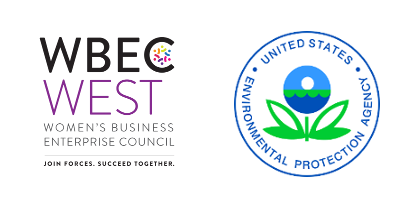Catalyst Recycling vs Landfill: What are the benefits?
Industrial catalysts are used by nearly every major industry from food manufacturing to petroleum refining. Hydrotreating catalysts, for example, use molybdenum, nickel, and cobalt to remove sulfur, nitrogen, and other contaminants when producing gasoline or jet fuel.
These precious and semi-precious metal catalysts either speed up (positive catalysts) or slow down (negative catalysts) chemical reactions without interfering with the process or degrading over time.
Because catalysts are vital to so many industries, and take so long to fully degrade, RTS believes we all benefit when they are recycled and used to their fullest instead of being sent to landfills.
Recycling can provide significant economic benefits to companies by decreasing the costs associated with hazardous waste disposal and by lowering the need to purchase new raw materials. Reducing material and energy consumption also lowers the amount of pollution a company creates and increases their level of sustainability, thereby providing environmental benefits and increasing their goodwill within the industry.
First, let’s talk about what types of catalysts can be recycled.
The recycling process involves the extraction of metal from the catalysts. Once extracted, the metal can be used in the alloy steel industry, electronic components, and chemical processing. No matter where these metals see a second life, recycling them prevents additional natural resources from being mined and processed, and lowers material and operational costs.
The metal catalysts we recycle include:
- Molybdenum
- Tungsten
- Nebula
- Copper
- Zinc
- Nickel
- Vanadium
So, what are the economic benefits of recycling?
Recycling metals increases production efficiency by reducing the amount of space needed to store spent materials. That space can instead be used for production processes, increasing your facility’s output.
Reusing materials also lowers operation costs by decreasing the need to purchase new raw materials. In fact, recycling may even result in money back, creating a new source of revenue. For example, reclaimed molybdenum is currently worth $11.20 per pound and nickel sells for $4 per pound. Why send metals to landfills when you can sell them for reclamation and recoup operational expenses?
Recycling and sustainability efforts also generate goodwill within the industry, helping to separate you from the competition and attract the business of environmentally conscious customers.
Increase
- Production efficiency
- Revenue
- Goodwill
Reduce
- Operations costs
- Space dedicated to storing spent catalysts
What are the environmental benefits of recycling?
Recycling greatly reduces the use of energy and resources associated with extracting, refining, transporting, and processing industrial catalysts. This means less air, water, and soil pollution, as well as the preservation of precious natural resources.
Lowering the amount of energy used in processing also lowers greenhouse gas emissions, which helps reduce the impact of climate change.
Recycling is an easy and economically beneficial way to help save previous resources, responsibly treat used materials, and reduce energy and material consumption, all of which lead to less pollution, a cleaner environment, and a more sustainable future for everyone.
Reduce
- Consumption of raw materials
- Volume of waste that must be treated and disposed of
- Energy use
- Greenhouse gas emissions
- Effects of climate change
Increase
- Availability of low cost resources
- Demand for additional recycling efforts
________________________________________________
RTS’s global transportation and recycling network can help you buy, ship, process, and even profit from your spent industrial catalysts.
We are committed to expanding our network and deepening our relationships with global trade and environmental organizations to offer you fuller and more efficient service, no matter the size of your company or where you’re located.
Send us an email today to learn more about our services.



